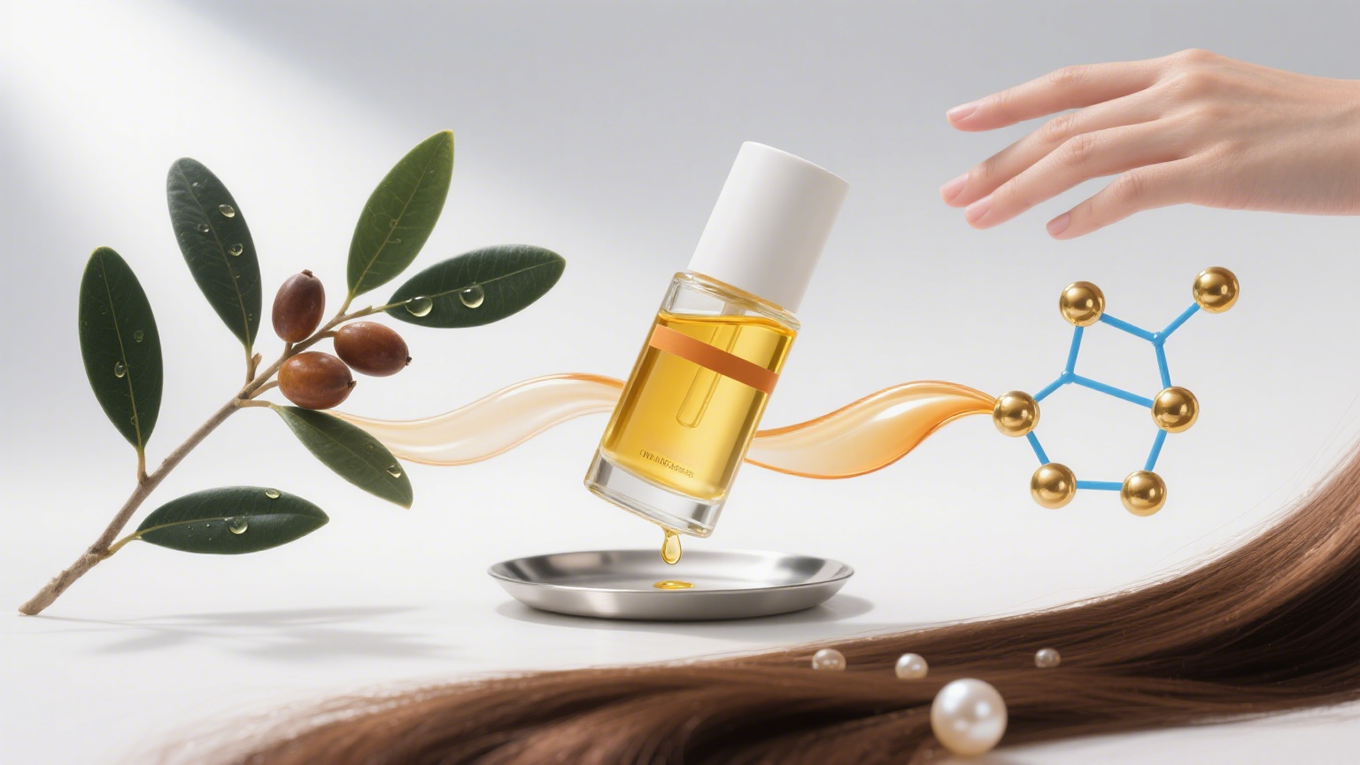Vitamin C serum has become a cornerstone in modern skincare due to its proven ability to address multiple skin concerns, from hyperpigmentation to fine lines. As a potent antioxidant, vitamin C protects the skin against environmental damage while promoting collagen production and improving overall skin texture. This guide provides an in-depth look at how vitamin C serum works, its benefits, and the most effective ways to incorporate it into your daily skincare routine for optimal results.
Understanding Vitamin C and Its Role in Skincare
Vitamin C, also known as ascorbic acid, is a water-soluble antioxidant essential for healthy skin. It helps neutralize free radicals caused by UV exposure, pollution, and other environmental stressors, which can lead to premature aging, dullness, and uneven skin tone. In addition to its protective properties, vitamin C is a natural collagen booster, helping maintain skin firmness and elasticity.
Key components of effective vitamin C serums include:
- L-Ascorbic Acid: The most potent and researched form of vitamin C, ideal for brightening and anti-aging.
- Vitamin E and Ferulic Acid: Often combined with vitamin C to stabilize it and enhance antioxidant effects.
- Hyaluronic Acid: Provides hydration, reducing dryness and improving skin texture.
Benefits of Vitamin C Serum for Skin
1. Brightens Skin and Reduces Hyperpigmentation
Vitamin C inhibits melanin production, making it highly effective in treating dark spots, sunspots, and uneven skin tone. Regular use results in visibly brighter and more radiant skin.
How to use: Apply a few drops to clean skin before moisturizing. Use sunscreen during the day to maximize results.
2. Protects Against Environmental Damage
As a powerful antioxidant, vitamin C protects the skin from free radicals caused by pollution, UV rays, and stress. This protection helps prevent premature aging and skin damage.
3. Boosts Collagen Production
Vitamin C stimulates fibroblasts, which produce collagen, a protein responsible for skin’s firmness and elasticity. Increased collagen levels reduce the appearance of fine lines and wrinkles.
4. Reduces Inflammation and Acne Scars
Vitamin C has anti-inflammatory properties that can soothe irritated skin and help fade post-acne marks. It also supports skin repair by enhancing cell turnover and healing damaged tissue.
5. Improves Skin Texture and Hydration
When combined with hydrating agents like hyaluronic acid, vitamin C serum improves overall skin texture, making it smoother and more supple.
Common Skin Problems Treated with Vitamin C Serum
1. Acne and Post-Acne Marks
Vitamin C serum can reduce redness and discoloration associated with acne. Its antioxidant properties help calm inflammation, while its collagen-boosting effect supports skin repair.
2. Hyperpigmentation and Sun Damage
Dark spots, melasma, and sun-induced pigmentation respond well to consistent vitamin C application. Using a serum daily helps even out skin tone over time.
3. Fine Lines and Wrinkles
Vitamin C’s ability to promote collagen synthesis directly combats signs of aging. Regular use can smooth fine lines, improve elasticity, and give the skin a youthful glow.
4. Dull and Tired Skin
By neutralizing free radicals and supporting cellular repair, vitamin C revives dull, fatigued skin, restoring brightness and vitality.
How to Incorporate Vitamin C Serum into Your Skincare Routine
Step 1: Cleanse
Start with a gentle cleanser to remove dirt, oil, and makeup. Clean skin ensures better absorption of the serum.
Step 2: Apply Vitamin C Serum
- Dispense 3–5 drops of serum onto fingertips.
- Gently massage onto the face, neck, and décolletage.
- Allow the serum to absorb fully before applying other products.
Step 3: Moisturize
Follow with a hydrating moisturizer to lock in the benefits of vitamin C.
Step 4: Sun Protection
Vitamin C increases skin sensitivity to sunlight. Always apply broad-spectrum sunscreen during the day.
Additional Tips:
- Start with a lower concentration (10–15%) if you have sensitive skin.
- Use consistently for best results; visible improvements often appear after 4–6 weeks.
- Store in a cool, dark place to maintain potency.
Potential Side Effects and Precautions
While vitamin C serum is generally safe, some individuals may experience mild irritation, redness, or tingling, especially with higher concentrations. To minimize risks:
- Conduct a patch test before full application.
- Avoid combining with products that may increase irritation, such as strong retinoids or acids, unless advised by a dermatologist.
- Gradually increase concentration over time for sensitive skin.
Vitamin C serum is a versatile and effective solution for a variety of skin problems, including acne, hyperpigmentation, aging, and dullness. Its antioxidant properties protect the skin, while its collagen-boosting effects enhance firmness and elasticity. By incorporating vitamin C serum into a consistent skincare routine alongside sun protection and hydration, individuals can achieve healthier, brighter, and more youthful-looking skin.
With careful selection of formulation and proper application, vitamin C serum can become a cornerstone in daily skincare, providing long-term benefits and visible improvements in skin health and appearance.



